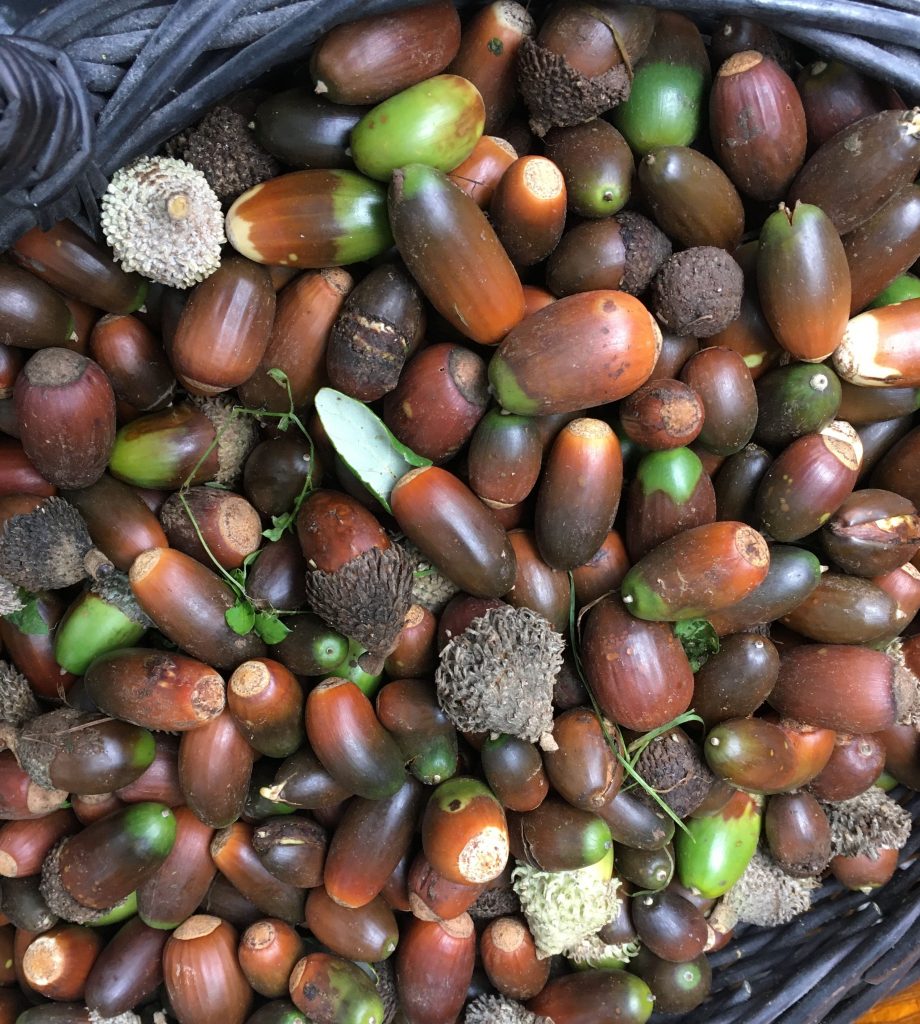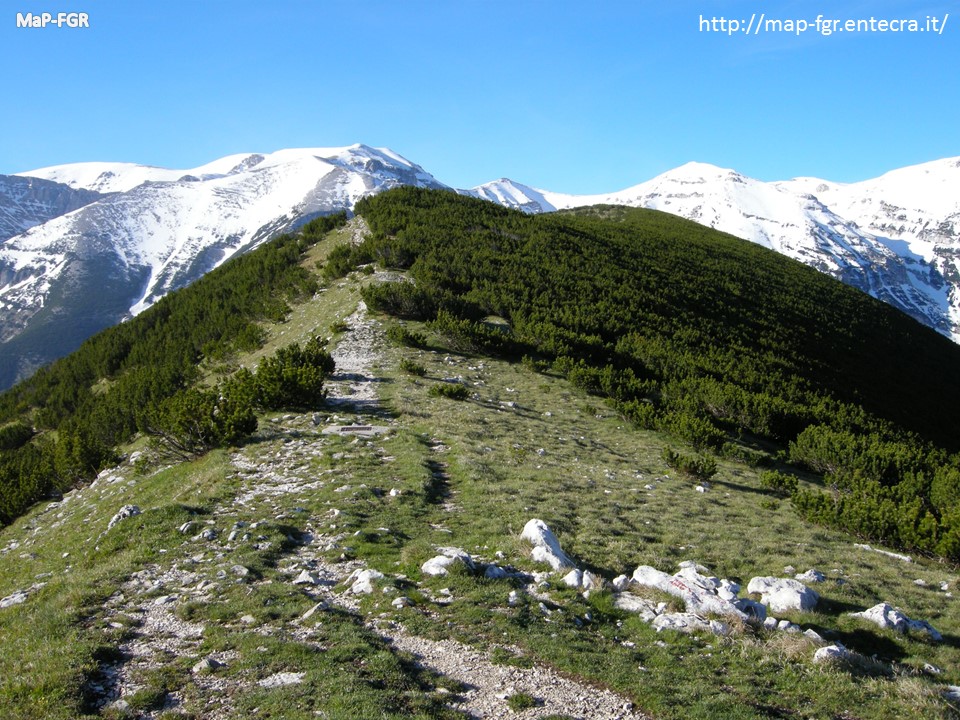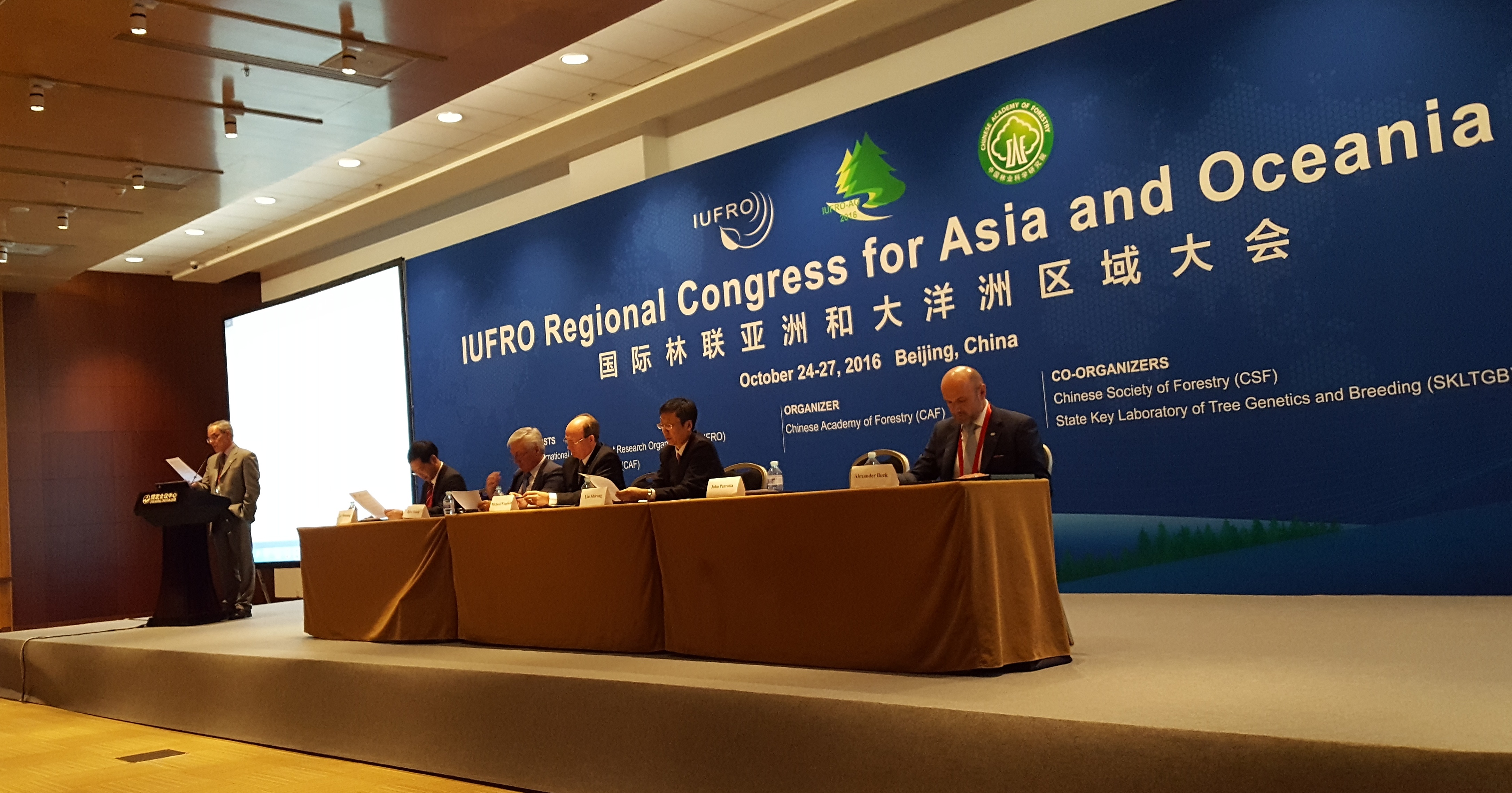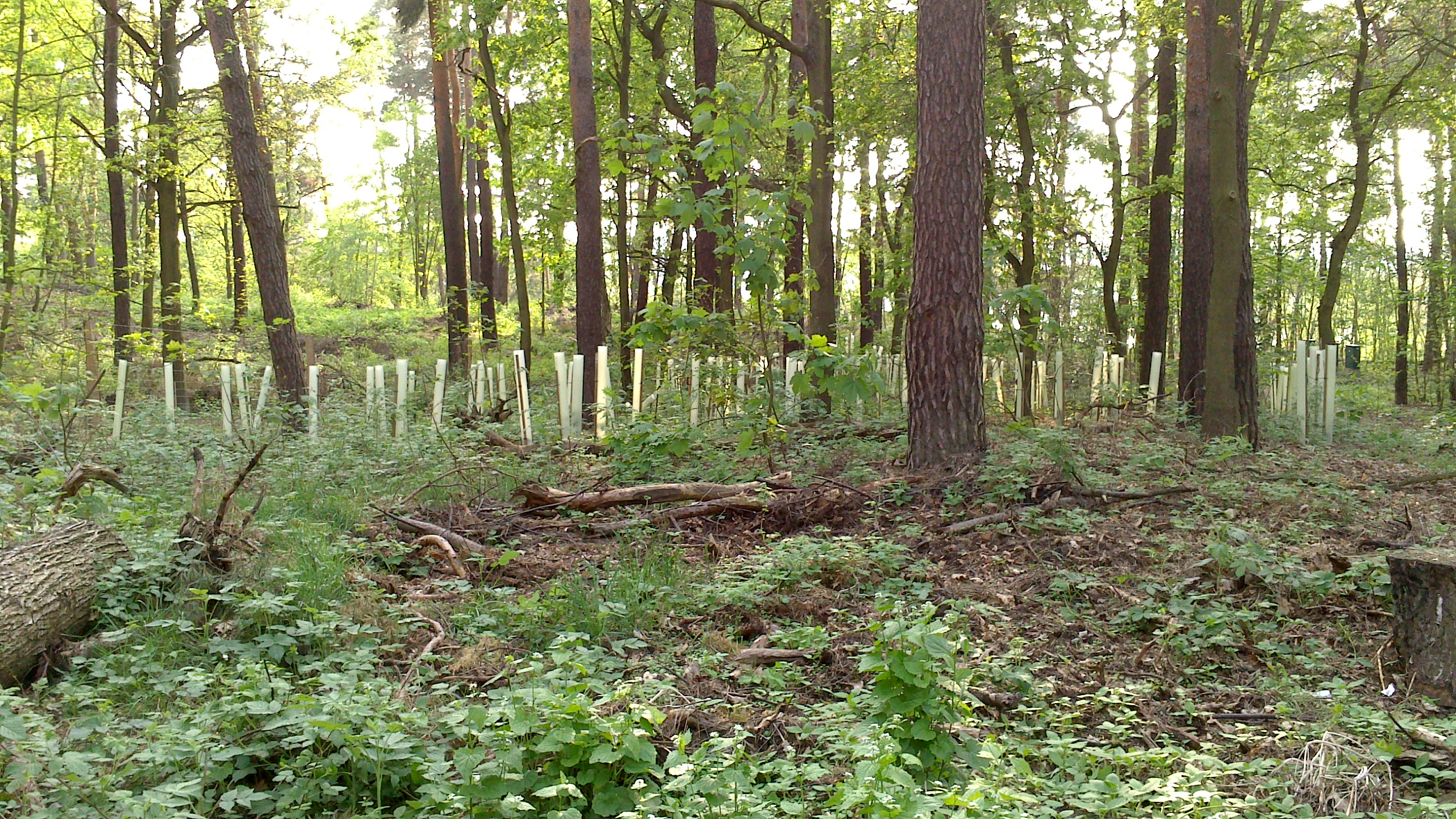IUFRO Spotlight #85 – Variety: the spice of life, also for future forests
IUFRO Spotlight #85 – Variety: the spice of life, also for future forests

Forests in the Mediterranean and similar biodiversity hotspot regions are degrading rapidly due to the interaction of multiple stressors – both natural and anthropogenic.
The accelerated degradation poses a serious threat to the diversity of forest genetic resources (FGR).
Read more…Congress Spotlight #68 – Forest Trees and the Climate Change Challenge: Survival May Mean Diving into the Gene Pool
Congress Spotlight #68 – Forest Trees and the Climate Change Challenge: Survival May Mean Diving into the Gene Pool
Because of climate change, forest tree species have three options. They can adapt, migrate, or extirpate.
“The outcome depends upon the tree species and population, its genetic variation, its reproductive biology and flowering synchronization, its migration potential and whether the environments in the areas it can migrate will be hospitable enough to allow it to survive,” said Dr. Paraskevi Alizoti of the Laboratory of Forest Genetics and Tree Improvement in the School of Forestry and Natural Environment at Aristotle University of Thessaloniki, Greece.

Source: http://map-fgr.entecra.it/?page_id=1377
Photo by Piero Belletti
IUFROAO2016 – The Beijing Declaration
IUFRO Regional Congress for Asia and Oceania 2016
24 – 27 October 2016, Beijing, China
Forests for Sustainable Development: The Role of Research
The Beijing Declaration

IUFRO Vice-President John Parrotta presenting the Beijing Declaration. Photo: Gerda Wolfrum, IUFRO Headquarters
Nature-based solutions to climate change mitigation and adaptation
Session D8-03(42)
Moderator: Xiaoquan Zhang
Tuesday, 25 October 2016, 10:30-12:30 (Room 305)

Green hotel. Photo: Vera Kratochvil
During the past 15 years, the rapid expansion of fossil fuels usage has raised global greenhouse gas emissions to the highest levels to date. This has led to a rise in surface temperatures and a significant increase in climate-related risks, including the loss of sea ice in the artic ocean, reduction of mountain glaciers, sea level rise, loss of endangered species, to name but a few.
In urban territories, solar energy and heat are absorbed to a greater extent than in rural areas, thus reducing the evapotranspiration and creating warmer environments. Consequently, the energy demand for cooling is expected to grow strongly with climate change. However, in many cities there is a potential for cooling urban microclimates through adding vegetation and trees and greening roofs and city areas. This will not only help to save energy, it will also be beneficial to the health and quality of life of city dwellers. Read more…
Spotlight #29 – Supersites for Superior Forest Science
Supersites for Superior Forest Science
The initiative for establishing Supersites for forest research is only a few years old.
In these supersites, sophisticated, state-of-the-art instruments are used and a multitude of factors in the ecosystem is to be measured to obtain baseline data. As examples: spectrometers will measure how trees absorb and scatter light; laser scanners will map the forest’s three-dimensional structure; soil, plant and atmospheric sciences will be integrated; and mechanistic and policy-oriented modeling will be part of the concept. Read more…
Congress Spotlight #20 – The climate’s changing: So should forest management
The climate’s changing: So should forest management

In Berlin, the capital city of Germany, a comprehensive program of converting pine stands into close-to-nature mixed forest is being implemented, thus making the forest more resilient to future climate change effects, for example. (Photo by IUFRO)
As a joke, people used to say: “If you don’t like the weather, just wait a minute. It’ll change.”
Now they say that about the climate – but they’re a lot more serious.
The rapidly changing climate will precipitate related changes throughout nature. And that includes the world’s forests.
Anticipating climate change impacts on forests and adapting policies and management strategies to mitigate those impacts is critical to maintain the health of those forests and, by extension, of the earth.
“Forest management for adaptation to climate change” is the theme of a session being presented at the 24th IUFRO World Congress in Salt Lake City this fall, by Drs. Rodney Keenan of the University of Melbourne, Australia; Carina Keskitalo of Umeå University, Sweden; Kalame Fobissie of the World Wildlife Fund Central Africa, Cameroon; and Guangyu Wang of the University of British Columbia, Canada.
